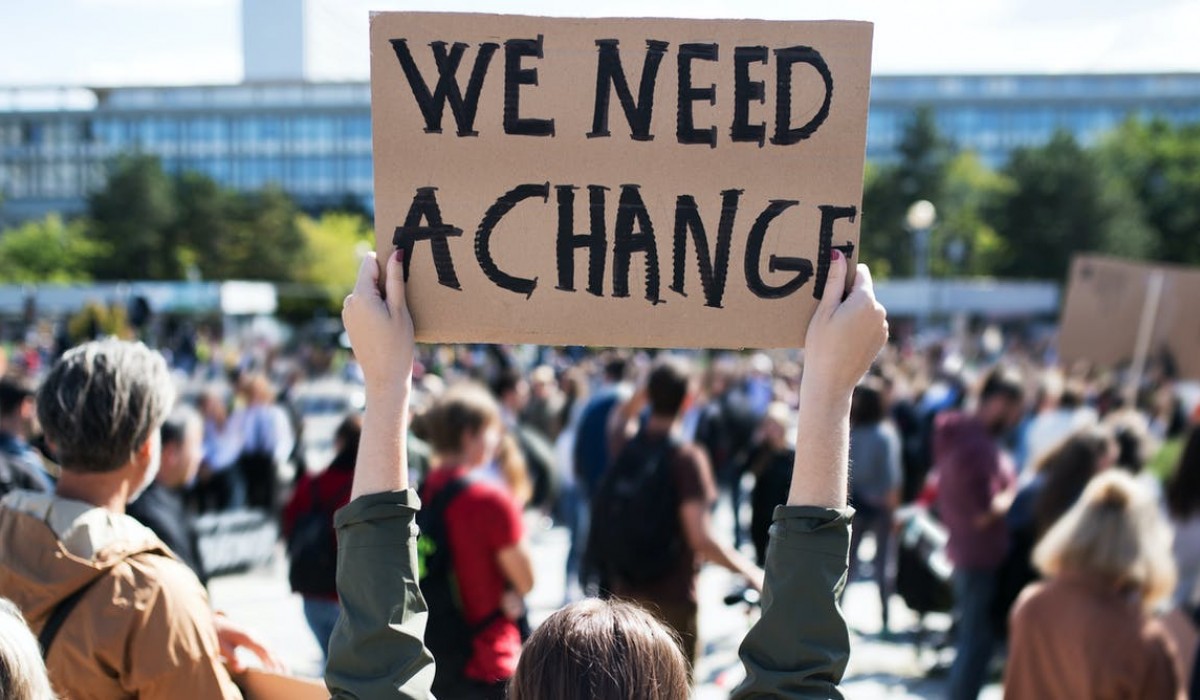To mark World Environment Day, our panel of experts discussed how UK universities, and the University of Cambridge in particular, are responding to the climate crisis.
The climate crisis is a globally-significant concatenation of challenges that will require a vast array of novel solutions, and systemic change. The global nature of this crisis means that it sits at the intersection of innumerable social, economic and environmental issues. This event is interested in how educational providers can meet their societal and moral obligation to provide training and education to the next generation of future leaders to enable them to either meet this challenge or to be part of finding related solutions. This involves students of all ages having the ability to develop critical and analytical thinking skills and other competencies required for systems thinking and action, in addition to subject-specific knowledge.
Sustainability and climate change need to be taught across the curriculum, equipping students with the skills and knowledge needed for their future. Teaching the future is a question of acting now; how can you be part of the solution?
Our panel
Catrin Darsley (Education, 2018) has a decade of experience working in operational sustainability and supporting sustainability-related student research projects at a university level. With a background in communications, including studying English Literature as an undergraduate, and with an MSc in environmental management, her professional work involved facilitating and developing sustainability networks and projects across university communities and strategies. Catrin is a proponent of applied research with positive social and environmental impact. Her PhD research seeks to explore the impact of different UK HE 'education for sustainability', or 'education for sustainable development', mechanisms on students' competence development. She is currently also the Sustainability Project Manager for the David Attenborough Building, home to the Cambridge Conservation Initiative - a unique collaboration between the University of Cambridge and leading internationally-focused biodiversity conservation organisations based in and around Cambridge.
Sue James, AA Dipl RIBA is a chartered Architect and worked in private practice in West Wales focusing on sustainable buildings in context. She is a founding member and current Convenor of the Trees and Design Action Group which started as an association in 2007 before gaining charitable status in 2013. She has also advised Futurebuild (formerly Ecobuild) for many years on content for the knowledge programme. The focus of her present work is on the collation and dissemination of research and information into practice. She is a member of the Edge, a built and natural environment campaigning think tank and a member of the Teach the Future Adult Advisory Board, Sue has been pleased to support Lucy Cavendish College over the years. Her mother, Lady Bowden, was the third President who successfully negotiated and gained approved foundation status for the college in 1984...and the rest, of course, is history.
Professor Nicola Walshe is Executive Director of the newly-launched UCL Centre for Climate Change and Sustainability Education – an exciting development within UCL’s Faculty of Education and Society that aims to provide outstanding, research-informed professional development for teachers and school leaders across all phases, subjects and career stages. She is a geography education researcher, with recent work focusing predominantly on Environmental and Sustainability Education (ESE). Her research encompasses evaluation of pedagogies for effective teacher education in climate change and environmental and sustainability education, understanding children and young people’s perceptions and value of sustainability and climate change, and the impact of nature-connectivity and children’s engagement with sustainability on their mental health and wellbeing.
Dr Amy Munro-Faure works for Cambridge Zero and is responsible for student education, engagement and empowerment activities and the connection between research and operational sustainability. She has a PhD in evolutionary biology and previously conducted research on conservation and evolutionary biology at the Zoological Society of London, The Natural History Museum and University College London.
Emily Vernall is a Campaigner at She Changes Climate; Youth Advisory Panel at Global Center on Adaptation; Future Leaders Network COP26 Delegate. She has an MPhil in Development Studies from the University of Cambridge.
Our panellists are looking forward to having an important exploratory discussion with you about the climate crisis. If you would like to submit a question for the panel, please email Ella Barrett on ella.barrett@lucy.cam.ac.uk
Photo credit: Halfpoint




